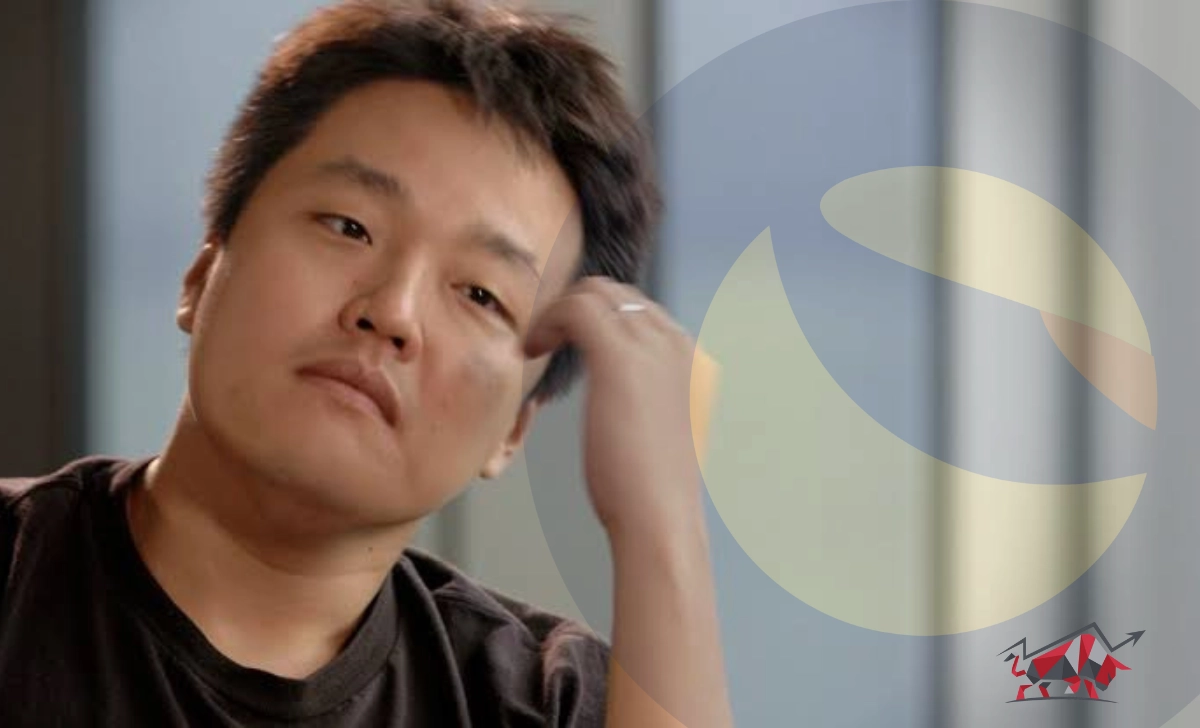A South Korean district court has dismissed charges of security violations against former Terraform Labs CEO and co-founder Hyun-seong Shin. The court deemed LUNA, the native token of the Terra ecosystem, as non-security under Korea’s Capital Markets Act.
The prosecution’s plea to confiscate Shin’s properties and arrest him for securities law offenses was denied by Seoul’s southern district court. According to a local news, the prosecution contended that Luna’s illegal transactions violated the Capital Market Act as well as offenses affecting property (fraud), making property seizure a possibility.
While rejecting the prosecution’s request for seizure of the accused’s properties, the court stated that it is difficult to discern how the property subject to the claim was acquired by a crime or an asset derived from a crime.
The most recent ruling is noteworthy because it establishes unequivocally that Luna is not a security. According to the counsel for the former CEO, the court denied the prosecution’s request for an arrest warrant for his client and others involved in this matter. According to the court judgment, Luna cannot be regarded as an investment product.
According to the most recent court decision, the Terra-LUNA issue is a matter of fraud and breach of trust rather than a violation of the Capital Markets Act. However, the prosecution continues to focus on the securities component and has also appealed to the Supreme Court against the verdict of the lower district court.
Do Kwon’s Fate Undecided Amidst LUNA Case
While LUNA is not considered a security, US regulators have sued Terraform Labs and co-founder Do Kwon for securities violations, according to the South Korean District Court. According to the Securities and Exchange Commission (SEC), both parties marketed and sold unregistered securities using cryptocurrency.
Do Kwon, on the other hand, was apprehended in Montenegro after allegedly eluding officials. Kwon was reportedly said to have transferred $7 million to a legal firm before Terra’s crash.


